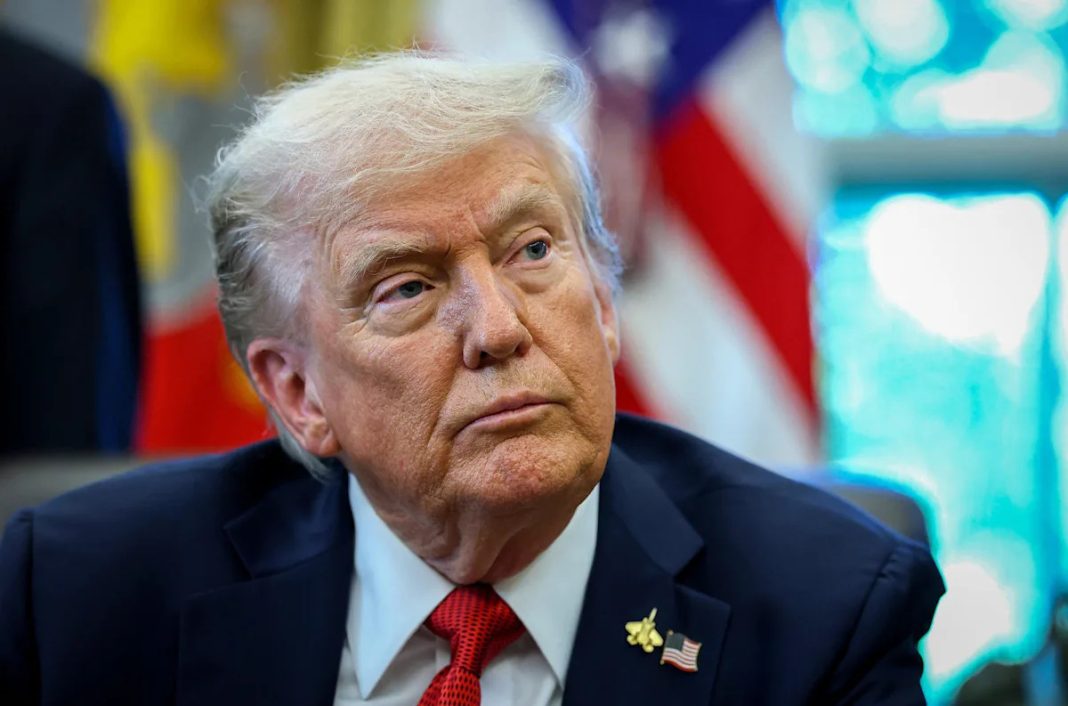The U.S. Supreme Court has already ruled that the First Amendment protects those who burn the American flag in protest. Nevertheless, seven weeks ago, Donald Trump signed an executive order aimed at prosecuting those who “desecrate” the American flag.
Can a president override a court ruling with a non-binding directive? No — but Trump did it anyway, adding that he’d also decided on a punishment for those who protest in ways he doesn’t like. “What the penalty is going to be, if you burn a flag, you get one year in jail — no early exits, no nothing,” the Republican declared.
None of this made any sense. At least in this country, the president doesn’t have the power to make legal speech illegal, and he can’t decide on his own what kind of sentences will be imposed on Americans.
The issue largely faded — probably because incidents of flag burning are relatively rare — until it returned to the fore late last week. In a social media message, Trump said he wanted to remind all law enforcement and military personnel that, as far as he’s concerned, those caught burning American flags “will be subject to one year in prison.”
But again, presidents can’t make up laws and criminal sentences based on his whims. As Trump probably ought to know, such edicts might be common in authoritarian nations, but this isn’t how the United States works.
The online missive generated very little coverage, but the president apparently isn’t letting it go. USA Today reported:
‘We took the freedom of speech away, because that’s been through the courts, and the courts said you have freedom of speech but what has happened is when they burn the flag it agitates and irritates crowds,’ Trump said during a roundtable discussion on antifa.
He didn’t appear to be kidding.
At the same White House event, the president had an exchange with someone who claimed he recently took a flag from a protester who intended to burn it. “Do you know who he is?” Trump asked. When the man said that he did, the president told him to give the name to Attorney General Pam Bondi so that the administration can “start prosecutions.”
I won’t pretend to know what, if anything, will come of this. Maybe Trump peddled his legal gibberish to scratch an ideological itch. Maybe his lawyers will quietly tell him behind the scenes that they can’t actually bring any criminal cases along these lines. Maybe the Trump-directed Justice Department will start issuing indictments as part of an effort to test the Supreme Court precedent. Time will tell.
But in the meantime, one week after the White House boasted that Trump “is a strong supporter of free speech,” the president declared — out loud, on the record and in public — that he and his team “took the freedom of speech away,” referring to developments that did not and cannot happen.
Against a backdrop of an aggressive White House campaign against the First Amendment, Trump’s unscripted candor offered a classic example of a politician saying the quiet part loud.
This article was originally published on MSNBC.com

